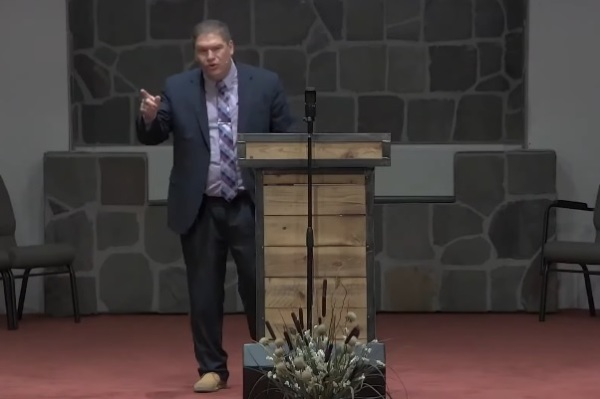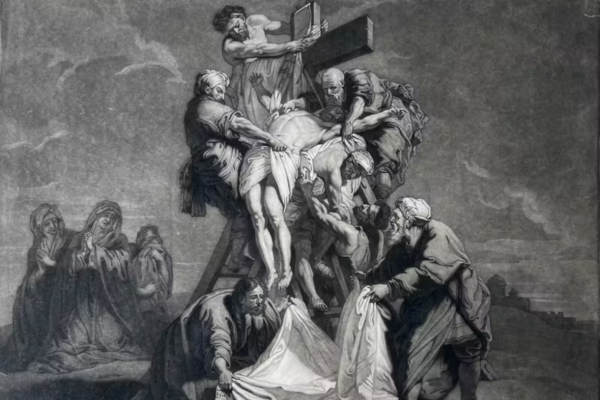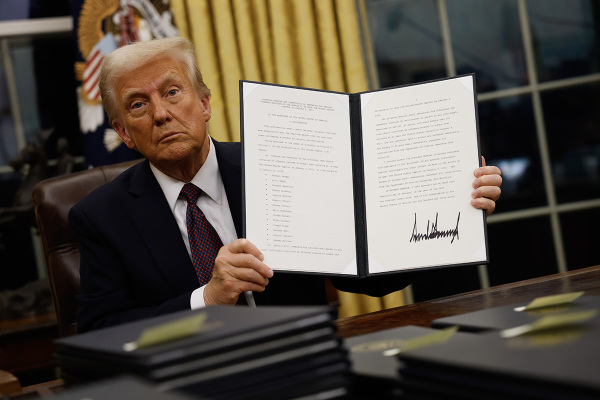Poll: Golden Rule Coaxes Evangelicals to Rethink Torture Stance
The majority of white evangelicals from the south support government use of torture, but readily switched sides and opposed the practice when the Golden Rule was invoked, a poll released Thursday found.
Nearly six out of every ten white evangelicals in the South (57 percent) say that torture can be often (20 percent) or sometimes (37 percent) justified in order to gain important information, found the poll commissioned by Faith in Public Life and Mercer University.
But interestingly, a significant number of those from this group - considered the most religious in the country - say their views regarding torture is shaped by life experiences and common sense (44 percent) more than Christian teachings or beliefs (28 percent).
Only about one in 20 white evangelicals in the south rely on advice from government leaders when it comes to torture.
Among those relying on Christian teachings, a majority (52 percent) oppose torture. In contrast, those that are mostly influenced by life experiences and common sense are less likely to oppose torture (31 percent).
But when faced with the Golden Rule argument – that the U.S. government should not use methods against our enemies that we would not want used on American soldiers – a giant shift in stance occurred.
Initially, only 38 percent of white evangelicals said torture is rarely or never justified, but this number increased to 52 percent after the Golden Rule argument was presented – a 14 point increase.
"If you remind at the start – as I believe the Golden Rule does – that I come to the issue of torture as a sinner saved by grace, then the picture in my mind is not Jack Bauer [a TV character whose job often requires preventing terrorist attacks on the United States], but Jesus Christ crucified – a savior who allowed himself to be tortured by men," said Tyler Wigg Stevenson, director of the Two Futures Project - a nuclear disarmament initiative centered around young evangelicals.
Stevenson, who was one of the panelists at a press conference, said if Christians think about the cost of their salvation then they cannot approve of torture on terrorist suspects in Abu Ghraib, Guantanamo, or elsewhere.
"Because there are men and women from whom Christ did not disdain to die," he said. "God did that for us so there are things I may not do – they are not options to me."
He added, "When you change the basis for our decisions, we make different decisions."
The poll, conducted on a sample of 600 white evangelical Christian adults in the southeastern part of the United States, sought to find out what role, if any, faith and morality played in a person's view on torture. White evangelicals from the south were selected because they were considered highly religious and notable for their support of the Bush administration, which supports torture.
Another poll finding is that among white evangelicals in the South who are registered voters, 65 percent support Republican John McCain, 14 percent support Democrat Barack Obama, and 21 percent are undecided.
Two thirds of John McCain's supporters say torture can often or sometimes be justified, compared to only 46 percent of Obama supporters and undecided voters.
Dr. David P. Gushee, distinguished university professor of Christian Ethics at Mercer University and president of Evangelicals for Human Rights, had messages for Sens. McCain and Obama regarding torture.
To Obama, Gushee wanted him to be more pro-active on the issue and not only say he opposes torture when questioned, but write it in his speeches and explain why he opposes it to allow people to see his thought process.
He also wants the Democratic nominee to link the torture issue to concerns about national security and religious values.
Gushee, who authored the National Association of Evangelicals-endorsed Evangelical Declaration Against Torture, had a somewhat different message for McCain.
He pointed out that two-thirds of McCain supporters support government use of torture, although the nominee does not.
"So I say to Sen. McCain, make the tie between your personal narrative and your policy stance on torture and human rights completely clear," the Christian ethics scholar said, referencing McCain's six years in Vietnam as a prisoner of war where he was tortured.
"Tell your own voters why they are wrong on this issue and why you are committed to the position that you have articulated since 2002-2003 on the issue of torture."
All the candidates and their running mates were lastly asked to use the language of the Golden Rule to explain their opposition to torture.






















